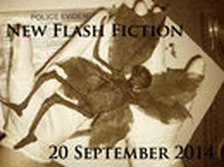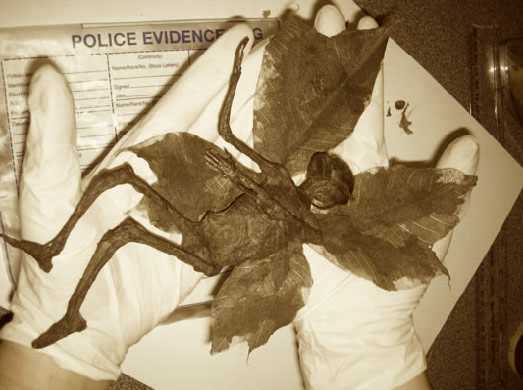0 Comments
|
Welcome to the Grievous Angel – fresh free-to-read science fiction and fantasy flash fiction and poetry, including scifaiku and haiga.
ISSN 2059-6057 Quote, Unquote"We need more excellent markets like Grievous Angel" ...award winning Canadian author
"Thank goodness for guys like you, who devote so much time to these things" ...Elizabeth Crocket "Thank you for giving us such a cool and unique e-mag" ...Mandy Nicol "Thank you for your kind words and making my weekend uplifting and bright. I'm excited to be published alongside other wonderful visual and textual works in Grievous Angel" ...D.A. Xiaolin Spires "Love your magazine. Keep up the good work! I've read bits and pieces of so many magazines that are so boring, I'm donating to yours because everything you publish is fascinating" ...Laura Beasley "I want to be a part of any project named after Gram Parsons/Emmylou Harris" ...poet, writer & journalist Andrew Darlington "I really love your site and the wonderful eerie fiction you publish. Unlike a lot of work, most of what I read on your site stays with me - like a flavor or a scent, slightly tinting the world" ...performer, writer, biologist and painter E.E. King Categories
All
Archives
August 2018
|
|
Copyright © Charles Christian
& Urbanfantasist Limited 2022 |









 RSS Feed
RSS Feed
